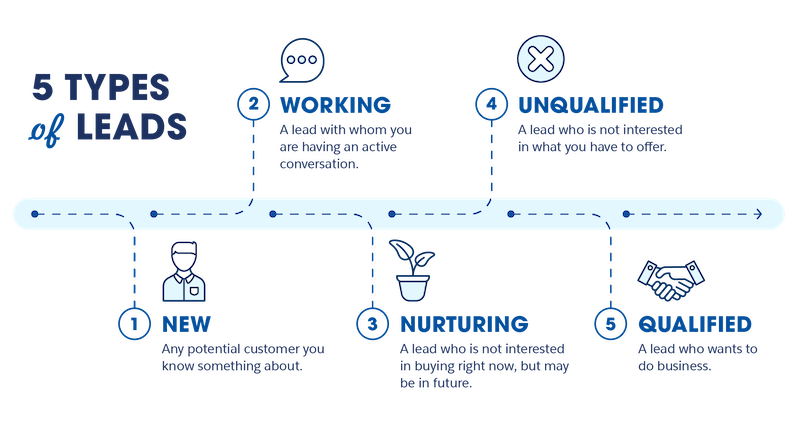A robust lead management system is essential for enhancing business growth through effective skill application. It equips teams with the tools to convert leads into potential buyers using streamlined communication strategies. The system ensures leads are qualified, transforming them into valuable opportunities that drive business success. Throughout the sales process, diverse leads enter the pipeline, and a smart lead management platform maximizes conversions by efficiently closing deals. Such a platform should feature intuitive tools designed to convert prospects quickly, minimizing time and effort while boosting results.
The lead management process begins with capturing high-potential leads, followed by tracking their activities to identify their interests, such as whether they are inclined to purchase a product or engage with your business. Monitoring these interactions provides valuable insights into their preferences. Lead qualification is a critical step, ensuring only promising leads—those likely to benefit your business—are prioritized. Poor qualification often results in lost opportunities, as unqualified leads who lack genuine interest or purchasing capacity enter the pipeline. Therefore, it’s essential to classify leads based on their intent, budget, and product fit. Effective lead distribution assigns these leads to the appropriate teams or regions, aligning them with specific products or services. Finally, nurturing leads through targeted relationship-building efforts is key to conversion. Businesses that implement robust lead nurturing programs consistently see higher revenue and stronger customer connections.
A well-implemented lead management system significantly boosts business success, while its absence poses risks such as limited visibility, ineffective lead qualification, and reduced efficiency. An effective system organizes lead data, tracks interactions, visualizes the sales funnel, and aligns sales and marketing teams to capitalize on opportunities. Best practices include monitoring key metrics like email engagement, pipeline progress, call outcomes, sales closures, and lead source performance. Clearly defining the lead management process internally fosters team collaboration and minimizes conflicts. Employing diverse nurturing strategies—such as email marketing, social selling, and webinars—helps engage your target audience effectively. Finally, measuring and organizing data optimizes time, resources, and efforts for maximum impact.

